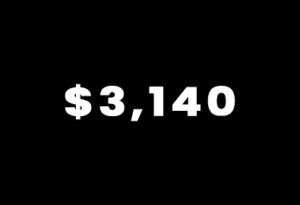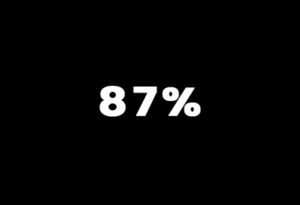Taxes
Falling behind on taxes can feel overwhelming, but you don’t have to face it alone. Whether it’s unpaid property taxes, income taxes, or other tax obligations, there are strategies to resolve the issue and regain financial stability. With the right plan and support, you can avoid further penalties, protect your assets, and get back on track toward a secure financial future.

Average Tax Return
The average tax refund for U.S. taxpayers in 2023 was approximately $3,140, providing many households with a significant financial boost during tax season.

Tax Filing Rate
Nearly 90% of American households file their taxes on time each year, showing a strong adherence to tax deadlines among everyday taxpayers.

Standard Deduction Usage
Over 87% of Americans used the standard deduction in 2023 instead of itemizing their deductions, simplifying the tax filing process for most households.

Tax Preparation Costs
The average cost for professional tax preparation services ranges from $220 for a basic 1040 with a state return to $323 for itemized returns.
Coaching and Tools
The Challenge of Delinquent Taxes
Falling behind on taxes can quickly become overwhelming, leading to penalties, interest, and mounting stress. Whether it’s unpaid property taxes, income taxes, or other obligations, the consequences can include wage garnishments, tax liens, or even legal action. Many people feel stuck and unsure where to start, but the first step is understanding your options and taking action before the situation worsens.
Steps for Resolution
Delinquent taxes don’t have to derail your financial future. From setting up payment plans with the IRS to exploring offers in compromise or seeking professional guidance, there are practical ways to resolve tax debt. With the right strategy, you can protect your assets, reduce penalties, and regain control of your finances. Addressing the issue head-on is the key to moving forward with confidence and peace of mind.
Tools to Use On Tax Debt
Communicate with the IRS or Tax Authority Immediately
- How it Helps: Proactive communication can prevent penalties, interest, or enforcement actions like wage garnishments.
- Action Step: Contact the IRS (or your local tax authority) to explain your situation and explore payment options. This could include setting up an Installment Agreement.
- Pro Tip: Respond promptly to any notices or letters to show good faith and avoid escalation.
Negotiate a Lower Interest Rate
- How it Helps: An Installment Agreement allows you to pay off your tax debt over time in manageable amounts, reducing stress.
- Action Step: Apply for a payment plan directly on the IRS website if your tax debt is under $50,000.
- Pro Tip: Pay as much as you can upfront to reduce interest and penalties during the repayment period.
Consider an Offer in Compromise (OIC)
- How it Helps: An OIC allows you to settle your tax debt for less than the full amount if you can’t afford to pay it all.
- Action Step: Use the IRS Pre-Qualifier Tool to check eligibility, and submit Form 656 with supporting financial documents.
- Pro Tip: Hiring a tax professional can improve your chances of acceptance if your financial situation is complex.
